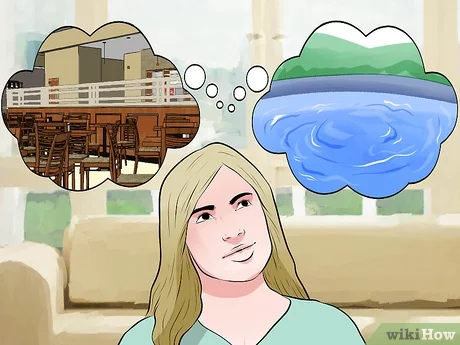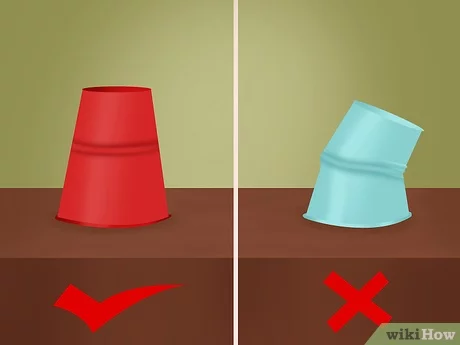Easy Ways to Save Birds: 13 Steps

Birds play a crucial role in our ecosystems and are essential for maintaining the balance of nature. They control insect populations, spread seeds, and act as nature’s pollinators. However, many bird species are under threat due to habitat loss, climate change, and human activities. Here are 13 easy steps you can take to help save birds:
1. Preserve their habitat: Plant local trees and bushes in your yard that provide natural food and shelter for birds. You can also create nesting boxes to encourage birds to breed.
2. Keep cats indoors: Domestic cats are responsible for killing millions of wild birds every year. By keeping your pets indoors or using a cat enclosure, you can prevent this unnecessary loss of bird life.
3. Use eco-friendly products: Pesticides widely used in agriculture can be harmful to birds. Switch to organic or eco-friendly products that don’t contain harmful chemicals.
4. Avoid using single-use plastic: Discarded plastic items often end up in the environment, where they can be harmful to wildlife. Use reusable bags, bottles, containers, and straws to minimize plastic waste.
5. Dispose of trash properly: Birds often mistake trash for food leading to ingestion that could prove fatal in the long run. Make sure to dispose of your garbage responsibly.
6. Support conservation organizations: Volunteer with or donate to organizations dedicated to bird conservation such as The National Audubon Society or The American Bird Conservancy.
7. Be a citizen scientist: Participate in bird counts and surveys, which provide valuable data for researchers who monitor bird populations and their overall health.
8. Use window decals: Window collisions are a major cause of bird fatalities; using decals or other visual deterrents on windows helps prevent these tragic accidents from taking place.
9. Provide clean water sources: Set up a birdbath in your garden or backyard during dry seasons so birds can drink and bathe.
10. Reduce energy consumption: Climate change is a major threat to bird species. By reducing your energy use, you can help combat climate change and protect bird habitats.
11. Be a responsible traveler: When visiting natural areas, keep your distance from nesting birds, avoid disturbing them, and refrain from taking photographs with a flash as it can be disorientating to the birds.
12. Support policies that protect birds: Advocate for legislation that preserves bird habitats and restricts activities that could harm bird populations.
13. Educate others: Share your passion for birds with friends, family, and your community. Spread awareness about the importance of bird conservation and encourage others to take action.
By following these simple steps, you can make a significant impact on the well-being of avian species worldwide. Together, we can help preserve these fascinating creatures for future generations to enjoy.


